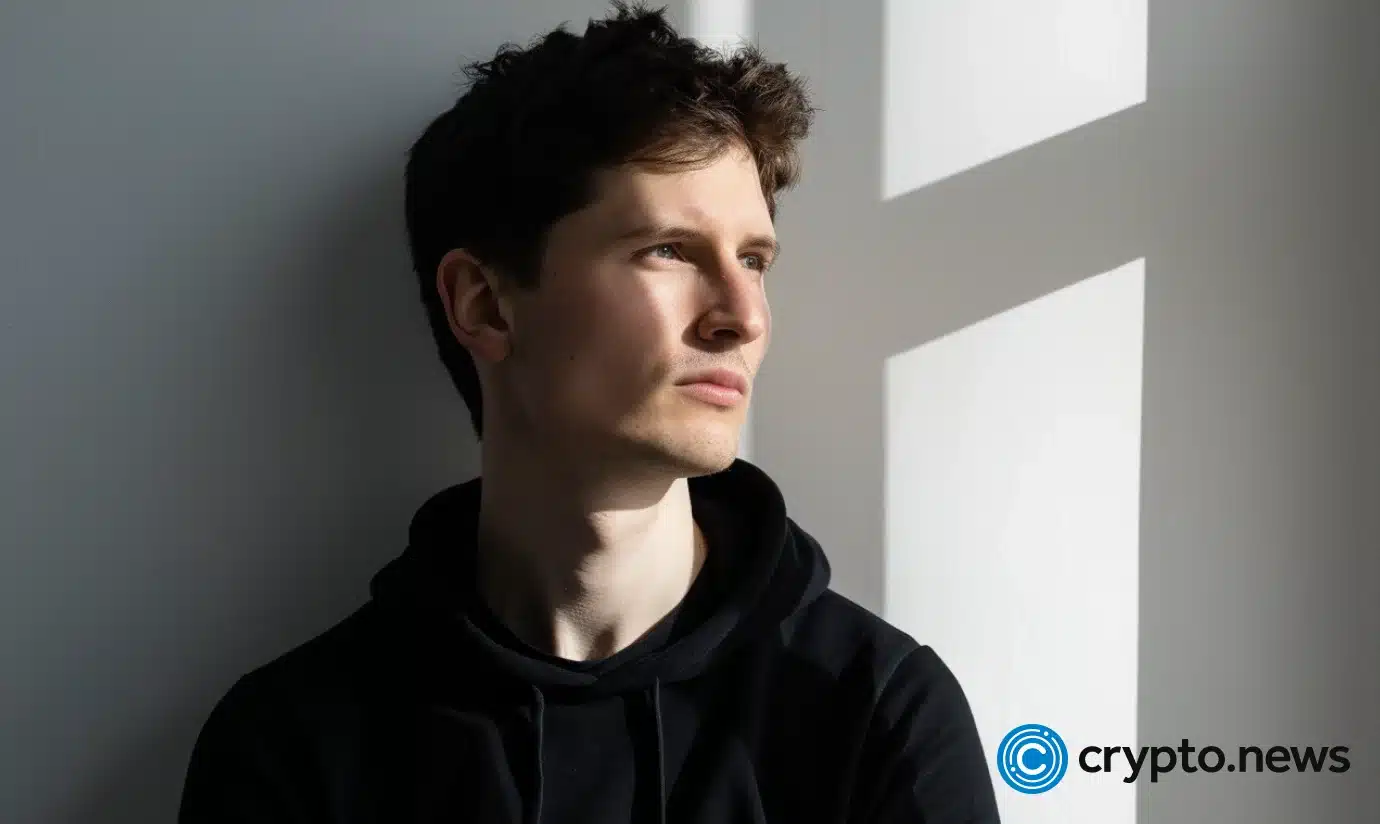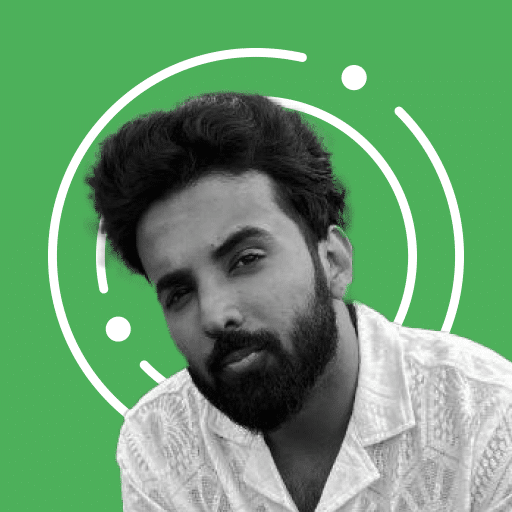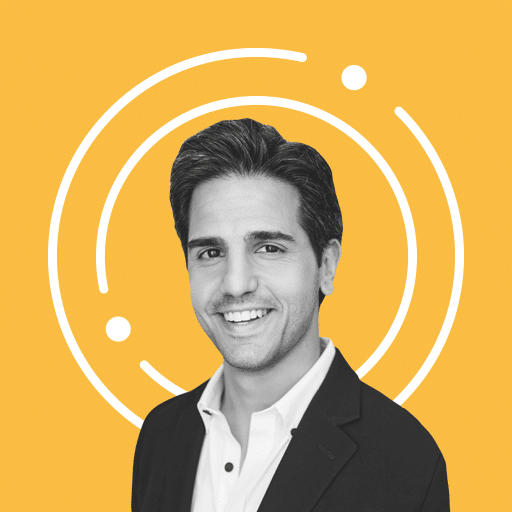Court mutes Telegram founder before Oslo Freedom Forum

A French judicial authority has rejected Telegram founder Pavel Durov’s application to travel to Norway for participation in the Oslo Freedom Forum scheduled for Tuesday, May 27.
The decision prevents Durov from delivering a planned address on digital surveillance, free expression, and online rights at the prominent human rights conference.
The Human Rights Foundation, which organizes the annual activist gathering, expressed disappointment over the court’s ruling that restricts Durov’s movement despite his invitation to speak before an international audience of freedom advocates.
Pavel Durov faces ongoing legal constraints
Thor Halvorssen, founder and CEO of the Human Rights Foundation, criticized the judicial decision. “Technologies like Telegram are basic tools for those resisting tyranny. This is more than a disappointment for our community; it is a setback for freedom,” Halvorssen stated.
Pavel Durov, who created Telegram, has been subject to French legal proceedings since August 2024. Authorities arrested him over allegations related to criminal activities conducted through his platform. However, prosecutors have not charged him with direct wrongdoing.
The case centers on questions of platform liability for user-generated content and activities. French officials argue that Durov bears legal responsibility for how others use Telegram’s services. He remains free on bail while the matter proceeds through the judicial system.
The court’s refusal to permit travel reverses previous decisions. French authorities had previously authorized Durov to leave the country for international engagements.
This unexpected restriction has affected discussions between Durov and human rights defenders from various authoritarian states about improving Telegram’s capabilities for resistance movements.
Durov has maintained residence outside Russia since 2014, when he declined to provide the Federal Security Service with user information regarding Ukrainian protesters. His exit from Russia established him as a prominent voice against digital surveillance and governmental interference in private communications.

















